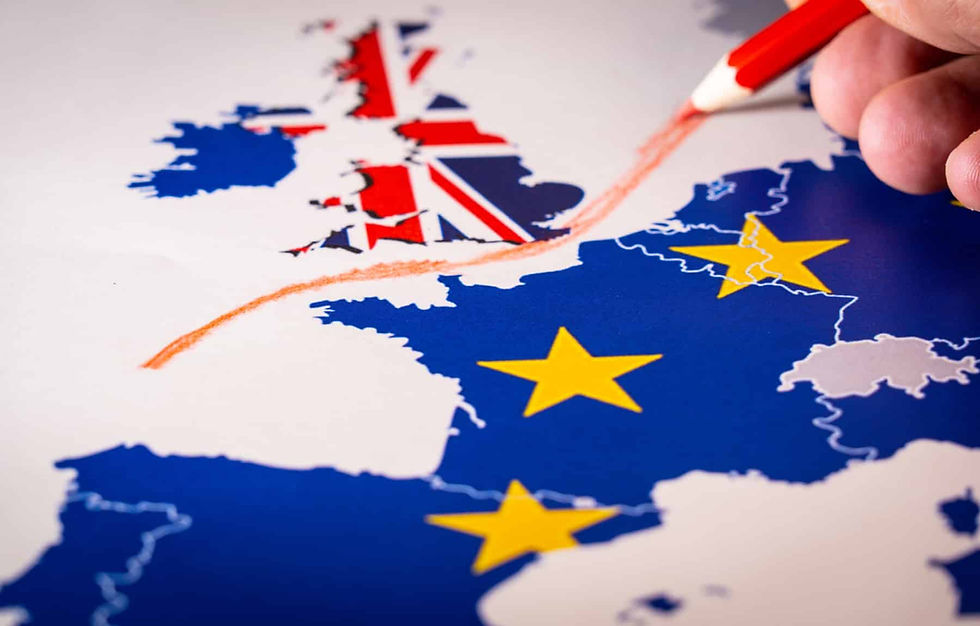The Impact of Brexit on Health and Safety Regulations in the UK
- Rob Haywood
- Jul 12, 2024
- 2 min read
Updated: Nov 1, 2024
Brexit, the United Kingdom's withdrawal from the European Union, has significantly impacted various aspects of the country's governance and regulations. One area that has been greatly affected by Brexit is health and safety regulations and standards. As the UK navigates its new relationship with the EU and establishes its independent regulatory framework, there have been several changes and challenges in ensuring the safety and well-being of workers and the public.

One of the key impacts of Brexit on health and safety regulations in the UK is the divergence from EU laws and standards. Prior to Brexit, the UK was bound by the health and safety regulations set forth by the EU, which aimed to harmonise standards across member states. However, with the UK no longer a part of the EU, there is now an opportunity to develop its own regulations tailored to its specific needs and priorities, potentially leading to more effective and efficient regulations.
In the wake of Brexit, the UK government has unequivocally expressed its commitment to maintaining high standards of health and safety protections. It has firmly stated that it will not lower standards and will continue to uphold the principles of the European Union (Withdrawal) Act 2018, which ensures that existing EU laws are converted into domestic law to maintain continuity. However, there is also a push to streamline and simplify regulations to reduce bureaucracy and compliance costs for businesses, demonstrating a balanced approach to regulation.
On the other hand, some critics have raised concerns about the potential weakening of health and safety protections post-Brexit. They argue that without the oversight of EU institutions and mechanisms, there may be a risk of regulatory divergence and a race to the bottom regarding standards. There are also concerns about the impact on the recognition of professional qualifications and certifications in health and safety, which could affect the ability of UK professionals to work in the EU and vice versa.
Another significant impact of Brexit on health and safety regulations in the UK is the changing landscape of regulatory cooperation and information sharing. The UK's exit from the EU has led to the loss of access to certain EU agencies and databases that play a crucial role in monitoring and managing health and safety risks. As a result, the UK is establishing its regulatory infrastructure and seeking new avenues for collaboration with international partners.
In conclusion, Brexit has undoubtedly brought about a period of transition and adjustment for health and safety regulations in the UK. While there are opportunities to tailor regulations to suit the UK's needs better, there are challenges in maintaining high standards, regulatory cooperation, and international recognition. As the UK forges its path forward, it is essential to balance autonomy and alignment with global best practices to ensure its citizens' continued safety and well-being.





Comments